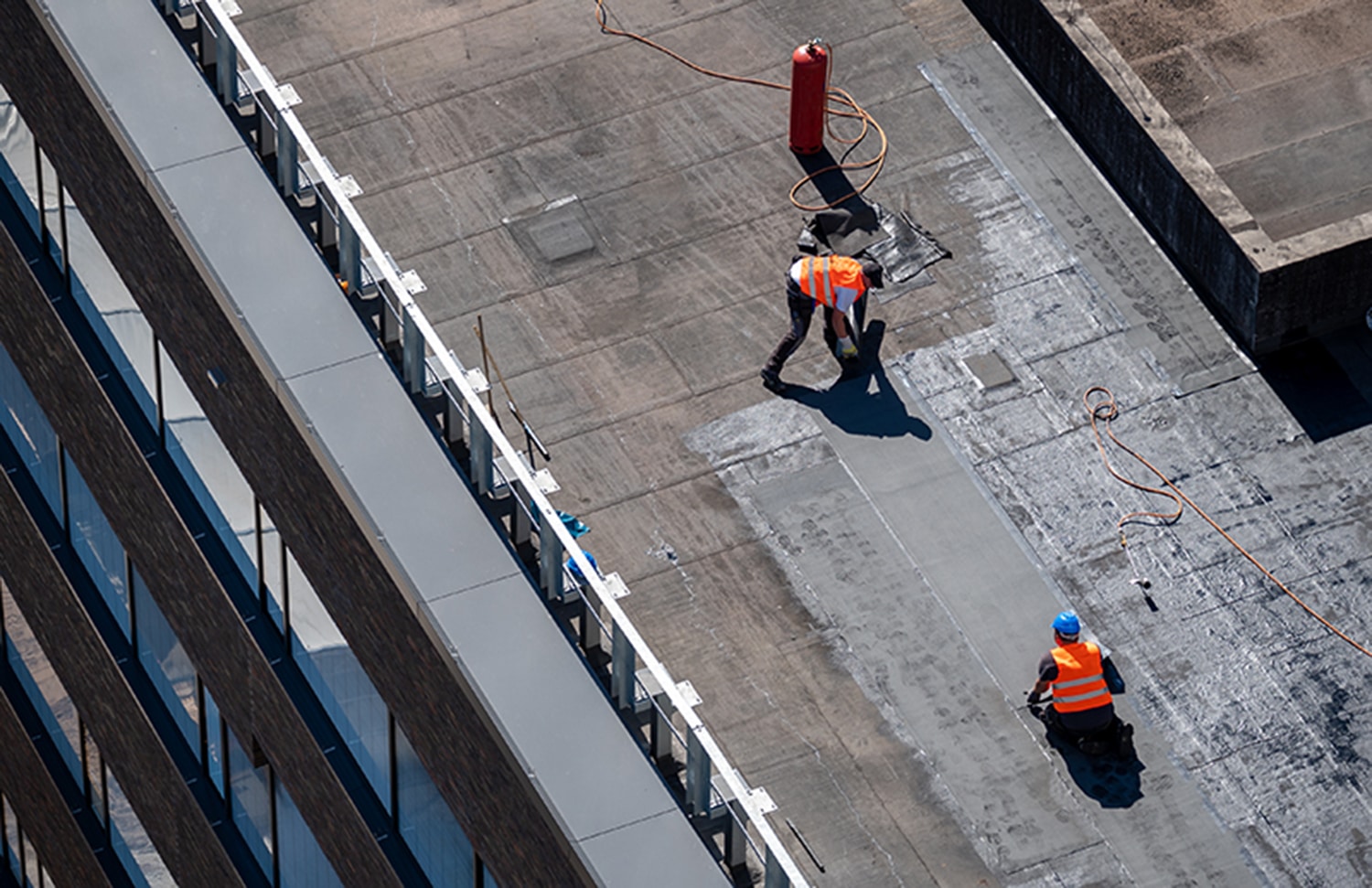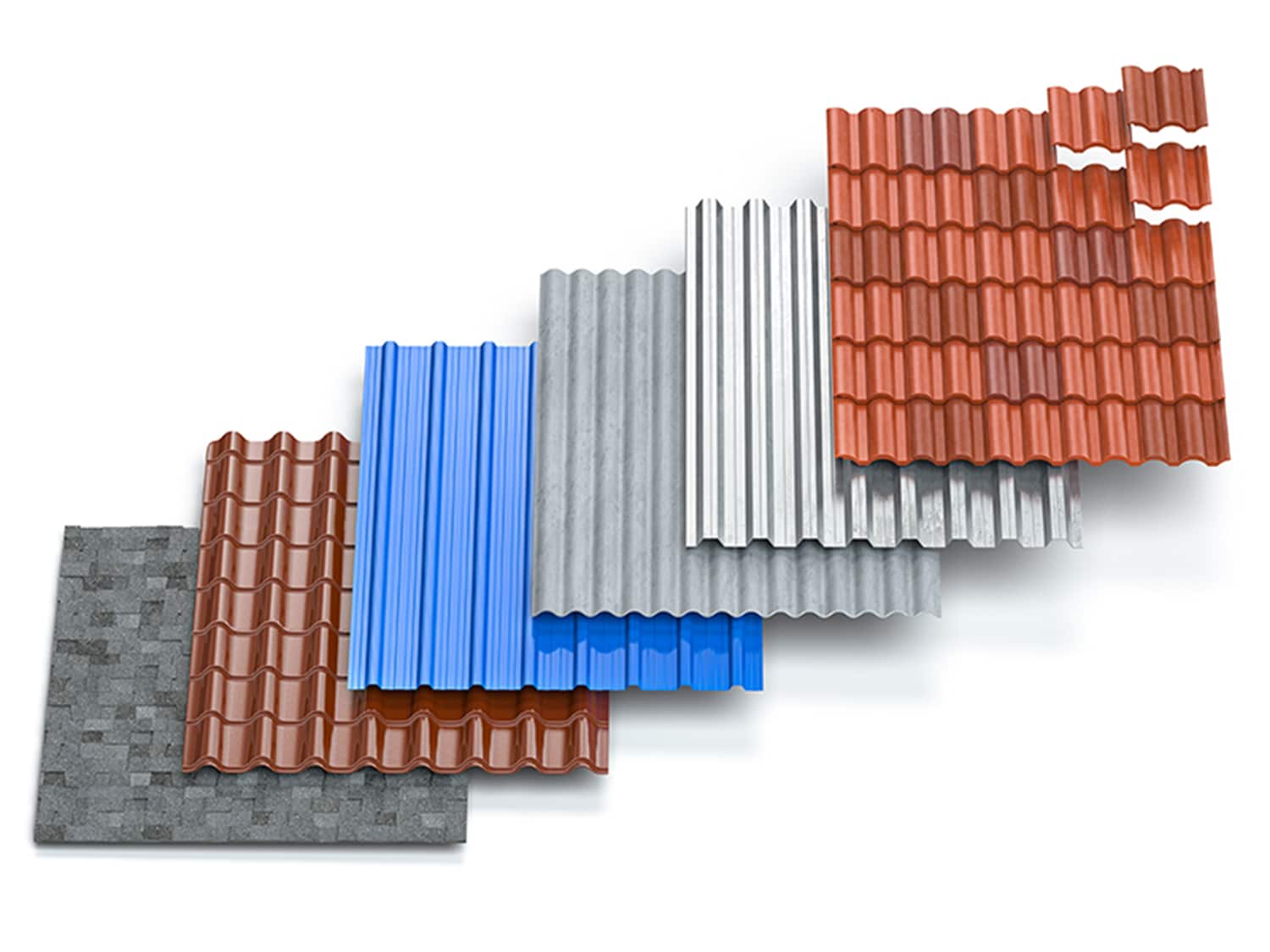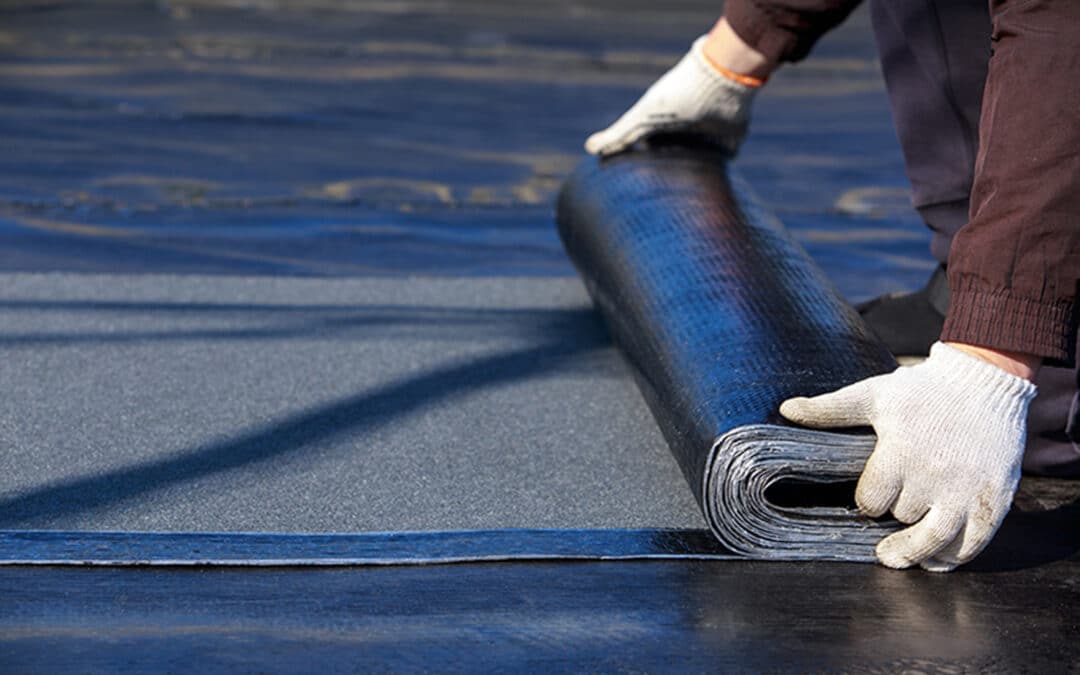If you think your business building needs a new roofing system, you need to know the best materials before starting your project. Several cutting-edge roofing materials available today will facilitate installation while improving durability. Don’t worry, we’ve taken care of the needed research for you.
Allweather roof offers roofing systems that provide unwavering protection, exemplary performance, and desired endurance. With a focus on Twin Cities Commercial Roofing, Allweather Roof has been supplying roofing systems to building owners, architects, builders, and consultants across the country for almost a century.
This article will help you choose the best materials to use if you’re looking to build or replace an existing commercial roofing system.
Commercial Roofing Definition
Commercial roofs vary in design, materials, upkeep, and installation costs. Commercial roofs typically have flat surfaces or mild slopes. In addition to being extremely durable, the materials used for commercial roofs are better suited for installation on larger buildings than on homes, which are often much smaller.
Installation and Maintenance

The installation method and overall cost are the two factors that most distinguish a commercial roof from other roofs. Due to the amount of work and materials, size, and protective gear required for the installation, commercial roofing should cost more than other roofing.
Remember, the installation process for commercial roofs is typically more complicated than others. This is why Allweather roof only hire experts in the field. In terms of maintenance, commercial roofs also have different requirements, including a wider or bigger area to inspect.
In addition, commercial buildings have a bigger surface area, making roof upkeep more difficult. With time and inclement weather, metal roofing or roof shingles may deteriorate. Checking in regularly is a good idea to make sure everything is in order.
Materials Used for Commercial Roofing

Commercial roofs must be durable, depending on their size, exposure to the elements, design, and other features. With this, the roof will last as long as possible, making it flexible and simple to maintain.
Roofs for businesses must be constructed from long-lasting materials like the ff:
- Slate, ceramic, asphalt, or tile roofing
- Sunroof tiles
- Timber Shakes
- Metal shingles
- Additional materials to support
EPDM
Commercial roofs with a low slope frequently employ ethylene propylene diene monomer (EPDM). These roofs often offer a high level of durability while being lightweight. They could also aid in increasing a building’s energy effectiveness.
TPO
Light-reflective thermoplastic polyolefin (TPO) is a material used often for commercial roofing. This material has several different layers and an average lifespan of 22 to 30 years. TPO roofs are available in various hues, from white and other light tones to black.
TPO roofs are made to withstand UV rays, improving energy efficiency and reducing the chance of sun-related wear and tear. Additionally, this material is simple to install and maintain.
Solutions for Polyiso Single-Ply Roofing
GenFlex TPO and EPDM roofs are compatible with Polyiso, a reasonably priced and energy-efficient form of insulation solution.
Long periods can pass before polyiso needs to be replaced. This insulation is exceptionally long-lasting and offers excellent fire resistance. Compared to other insulation solutions, Polyiso has a greater R-value, which enables business building owners to reduce their energy expenses significantly.
Constructed Roofing/BUR
Some of the common parts or layers of built-up roofing are bitumen, surface, and ply sheets with organic or fiberglass reinforcement. This type of roof can typically last between 15 and 30 years when properly placed and maintained.
Built-up roofing provides excellent defense against UV radiation and water or moisture damage. These roofs’ defensive attributes make them more durable than commercial roofing materials. Additionally, this business roof is quite fire resistant.
Altered Bitumen
For commercial structures, modified bitumen roofing offers energy savings and a tough material that can endure cold temperatures and other outside conditions. This roof style can endure between 12 and 20 years with routine care.
Modified bitumen roofing typically has a lighter tint and can reflect heat. This roof lowers the risk of excessive wear and tear brought on by exposure to heat and sunlight over time and lowers energy expenses during the summer.
Individual-Ply Roofing
Wide sheets are used for single-ply commercial roofing on low-slope structures. These roofs frequently have fewer seams and gaps than other varieties of roofing materials, which makes them incredibly effective in reducing the risk of water damage.
Between 20 and 40 years can pass before a single-ply roof needs to be rebuilt. These roofs are frequently safer to erect as they don’t involve torches or other heated materials.
Additional Types of Commercial Roofing
This guide thoroughly describes each type of commercial roofing material in terms of its use, advantages, and how to choose the best roofing for your company.
Metal Roofing
As these roofs are more resistant to corrosion and rust, metal roofing is one of the more robust and long-lasting solutions. They are frequently made of zinc alloys, copper, aluminum, or copper. Buildings with either residential or commercial uses can have metal roofs.
Construction Shingles
Architectural shingles are a very popular kind of roofing material because of their durability and adaptability. Metals like copper, aluminum, zinc, and steel are just a few of the many materials used to make architectural shingles.
Roofing System: TPO
TPO roofing systems are a great replacement for traditional roofing materials because they are constructed of thermoplastic polyurethane and polyolefin. They are extremely heat, chemical, and UV radiation resistant. On recreational vehicles, equipment shelters, swimming pools, carports, patios, and porches, TPO roofing systems have been known to be employed.
Get High-Quality Commercial Roofing Materials
As a business owner, you want to be sure you choose the correct materials for your commercial roofing project. Allweather Roof, an emerging pioneer in commercial roofing technology, will assist you in selecting the best materials for your next project. We offer consultations and will assist you with all your roofing concerns. Contact us today!

